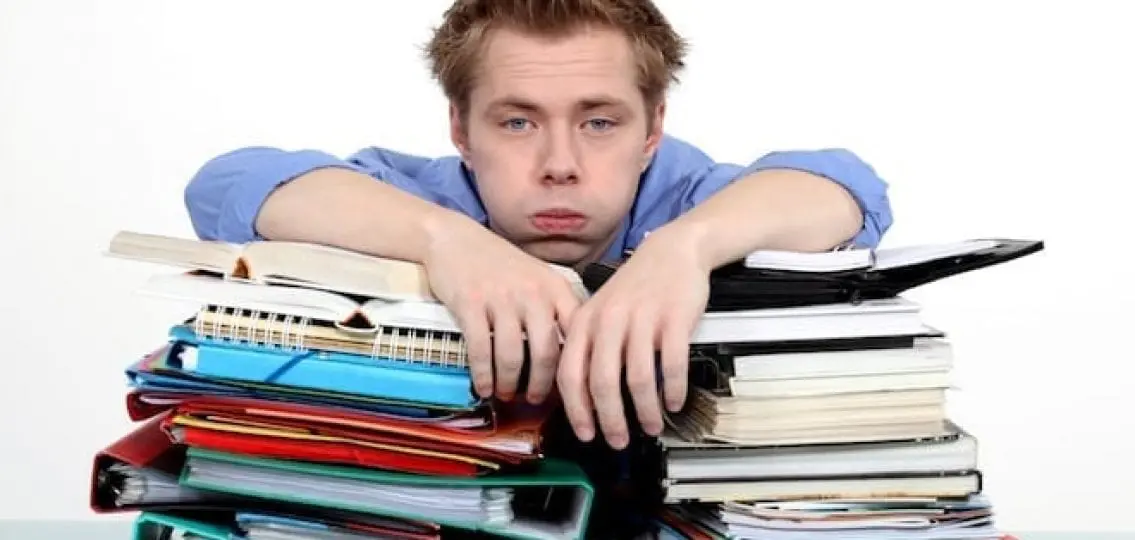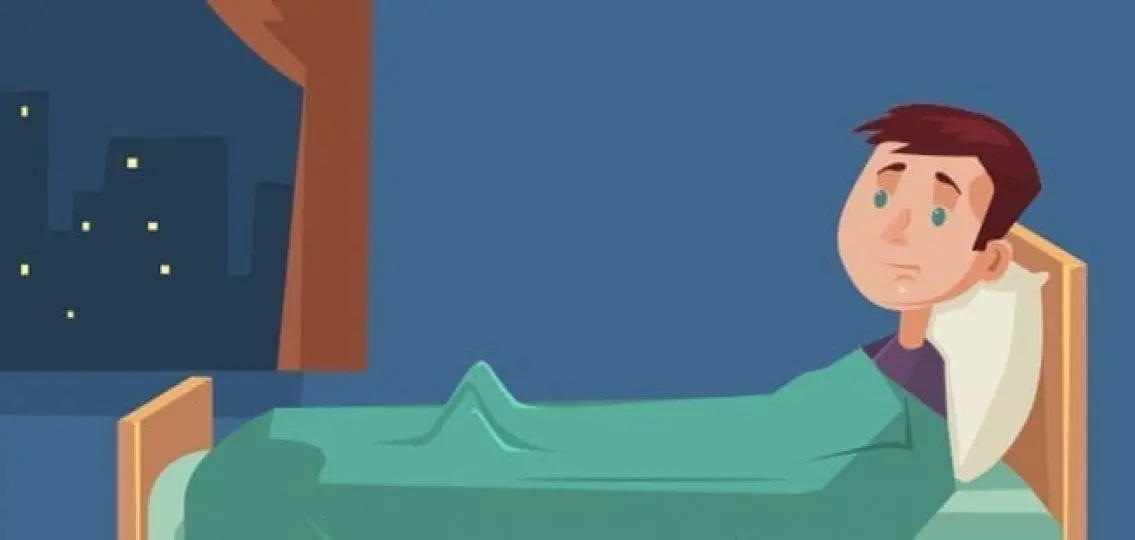It’s not your imagination: the number of kids diagnosed with ADHD is on the rise. According to the Centers for Disease Control and Prevention, in the 1980s, 1 in 20 U.S. children ages 4-17 were diagnosed with ADHD. Today, that number is roughly 1 in 9.

There are a lot of theories about what is causing the increase—and in recent years, a new one has popped up.
A debate is brewing in the medical world about a possible connection between ADHD and sleep problems.
Could ADHD be a sleep disorder?
[adrotate banner=”98″] Some doctors also express concern that ADHD medications themselves may interrupt sleep, according to a Science Daily report on a recent scientific conference in Paris where scientists in psychiatry discussed the potential link between sleep issues and ADHD.
Dr. Preetam Bandla, Director of Pediatric Sleep Medicine at Swedish Hospital of Seattle, doesn’t think sleep issues cause ADHD. But sleep deprivation and ADHD share symptoms, such as trouble with focusing, paying attention, and staying on task. Unlike adults, tired kids don’t always appear sleepy.
“Therefore, there are kids who are misdiagnosed with ADHD, when, truly, they may have a sleep problem,” Bandla says.
To this end, Dr. Syed Naqvi, a pediatric sleep expert at UT Southwestern’s Peter O’Donnell Jr. Brain Institute who attended the conference, advises parents to watch for signs of nighttime breathing issues (like snoring or episodes of halted breathing), and to measure how long their child is sleeping at night.
Other signs of a sleep issue may include daytime sleepiness, mood changes, irritability, and changes in school performance—or little improvement in school performance after your child has already been on ADHD medications.

It’s worth screening kids with ADHD for sleep disorders, Dr. Bandla says. “If you have the diagnosis, it’s worthwhile ruling out or considering sleep issues before going down the medication pathway.”





